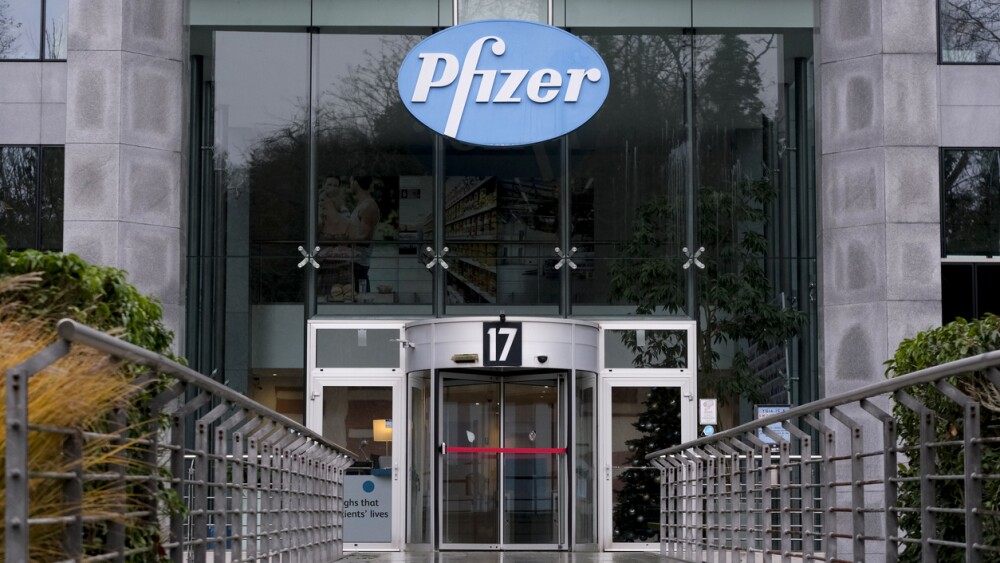This represents Alector’s second failed neurodegenerative asset in a year, after an AbbVie-partnered asset missed in Alzheimer’s last November. On latozinemab for frontotemporal dementia, Alector was working with GSK, which fronted $700 million in 2021 to collaborate on two programs.
GSK-partnered Alector said Tuesday it will pull the plug on its investigational antibody latozinemab, which it had been developing for a genetic form of frontotemporal dementia. The news pushed the company to nearly halve its workforce.
The decision follows disappointing late-stage data from the Phase III INFRONT-3 trial, which found no clinical benefit to latozinemab treatment in patients with frontotemporal dementia (FTD) caused by a progranulin gene mutation. Without providing specific data, Alector revealed that while the drug candidate had a “significant effect” on progranulin, a biomarker linked to FTD, it did not significantly slow disease progression versus placebo.
Latozinemab also missed key secondary endpoints, demonstrating no treatment effect on volumetric magnetic resonance imaging outcomes and other fluid biomarker concentrations.
Writing to investors early Wednesday morning, William Blair called the Phase III outcome “disappointing,” noting that the findings suggest “restoring [progranulin] does not translate to clinical benefit in this trial/patient population.” Shares of the company plummeted 51% to $1.57 per share in after-hours trading.
The late-stage failure and resulting pipeline pivot have pushed Alector to conduct a strategic review of its business. In a bid to maximize its resources, the biotech is laying off approximately 49% of its workforce. The company had 238 full-time employees at the end of 2024, as per its annual report, meaning around 116 people could be affected.
Alector is currently conducting an in-depth analysis of INFRONT-3’s data and promised to present its findings at an upcoming medical meeting but will no longer push through with a planned open-label extension portion of the trial. A continuation study of latozinemab has also been canned.
Sara Kenkare-Mitra, Alector’s president and R&D head, will also leave her post, effective Dec. 22. She will stay with the company until then to help with the transition to new leadership.
As of Sept. 30, Alector had $291.1 million in cash, cash equivalents and short-term investments, enough to carry it through 2027, the biotech said on Tuesday.
Previously called AL001, latozinemab is a monoclonal antibody designed to modulate the levels of the progranulin protein, a key regulator of immune activity in the brain that has been tied to frontotemporal dementia. In July 2021, GSK paid $700 million upfront and promised up to $1.5 billion in milestones to co-develop latozinemab and another asset dubbed AL101, also a modulator of progranulin, focused on neurodegenerative diseases.
The GSK partnership is ongoing, Alector said Tuesday. AL101 is currently being assessed in the Phase II PROGRESS-AD trial, enrolling patients with early Alzheimer’s disease. The study is set to complete next year, with an independent interim analysis scheduled for the first half of 2026.
In late 2024, Alector announced that an antibody called AL002 that it had been developing with AbbVie to treat Alzheimer’s disease had likewise failed a phase II trial, resulting in Alector discontinuing the drug and laying off 17% of its staff.
Going forward, Alector will also fall back on its other wholly owned assets, including the anti-amyloid beta antibody AL137 for Alzheimer’s disease and the enzyme replacement therapy AL050 for Parkinson’s disease. Both are in preclinical testing.






